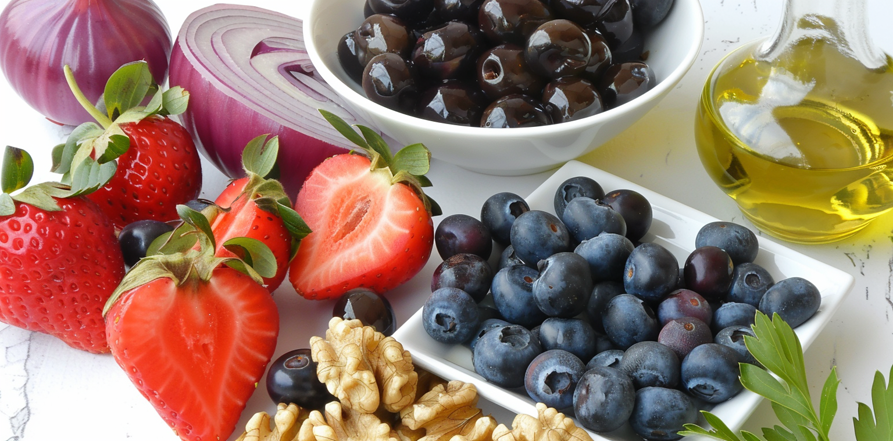By Donnie Yance
Questioning Conventional Screening Approaches
According to the United States Preventive Services Task Force (USPSTF) analysis of two major randomized clinical trials, routine Prostate-specific antigen (PSA) screening prevents approximately one prostate cancer-related death per 1,000 men screened.¹ This sobering statistic challenges the historical perception of PSA screening as an essential preventive measure. Moreover, recent studies suggest that the psychological burden and financial costs of widespread PSA screening may outweigh its limited mortality benefits. Many of these biopsies turn out to be unnecessary, causing anxiety and discomfort for patients that in some cases plagues a man for the rest of his life.
I am not of the opinion that men should not test their PSA. However, I do believe PSA testing should include more comprehensive testing methods, including PSA total and free percentage, along with several new urine tests that are considered even more accurate than a biopsy. Also keep in mind that healthy PSA ranges differ for each man. In other words, my healthy range may be different from your healthy range, and prostate enlargement and prostatitis both can cause elevated PSAs.
Continue reading “Prostate Cancer: The Pitfalls of Conventional Assessments”





